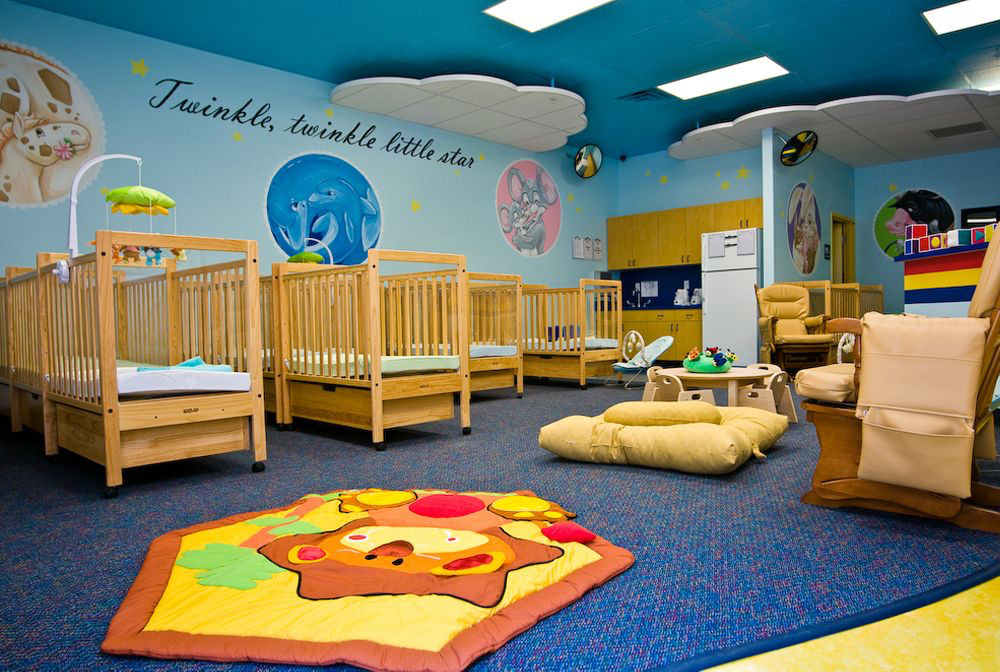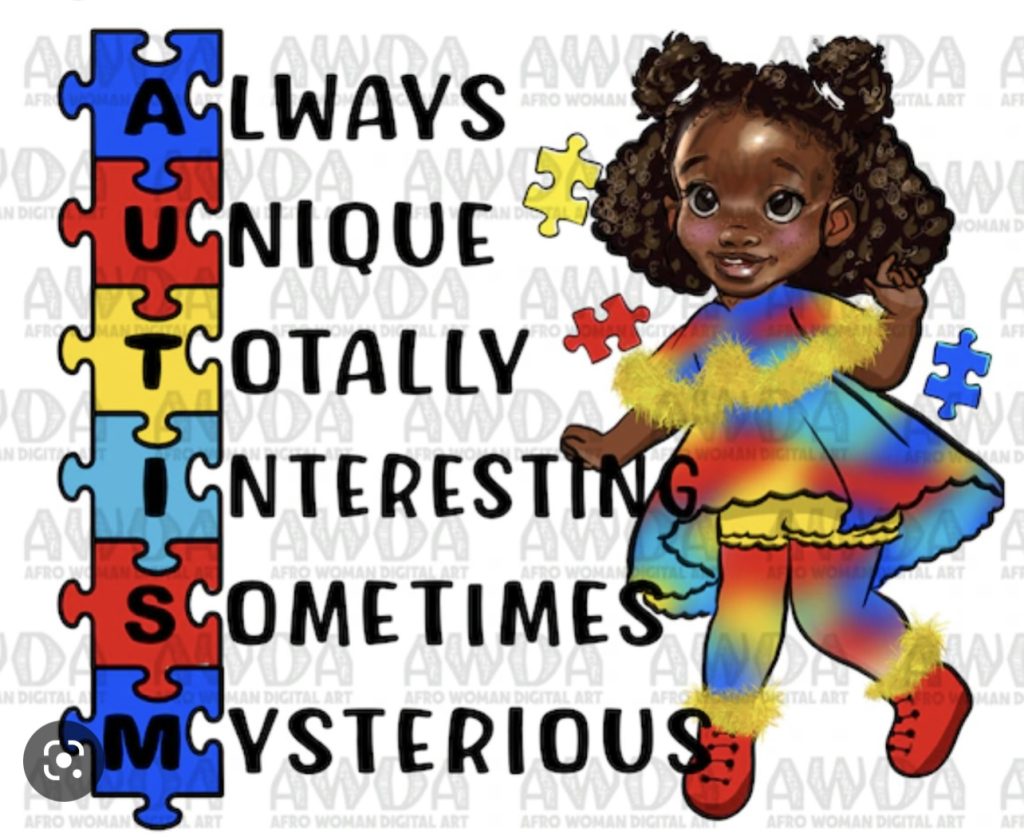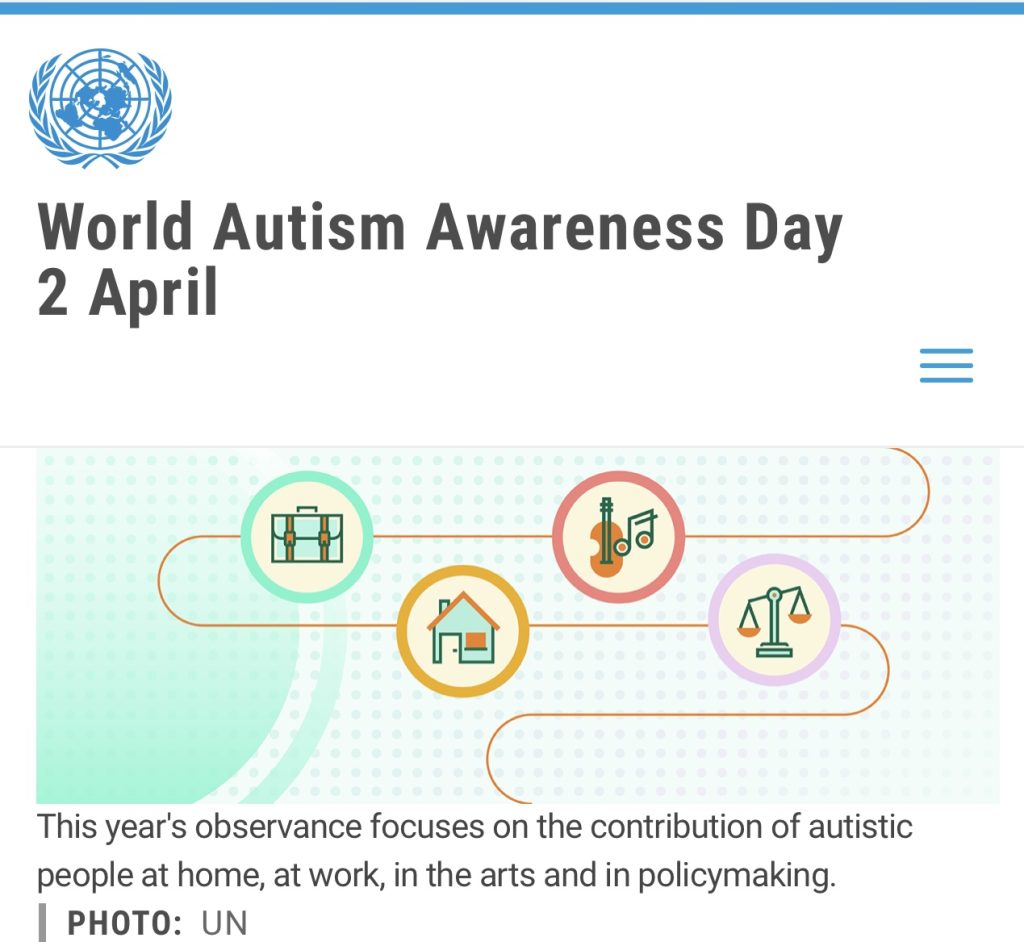Autism Awareness (Part 1)
Today April 2, is designated by the United Nations as World Autism Awareness Day. The Publisher of TheWill has granted me the privilege of promoting Autism awareness and understanding, encouraging and enlightening autistic families, society and Nigerians at large throughout the month of April.
Why me? I’m driven by the desire to make a difference in the life of the vulnerable, especially children. I studied Law, was called to the Nigerian Bar and obtained an MBA from the American University, Washington DC. I’m married and blessed with a set of twins. Having discovered quite early that one of my twins is on the Autism Spectrum, I have immersed myself in the autism community, working tirelessly to ensure my daughter achieves her highest potential and lives her best life. A working mum, I passed the certification exam in 2019 to become a Certified Special Needs Therapist, IBCCES, and I also recently got a Diploma in Autism. A few years ago, I founded the group AMIN (Autism Mothers In and outside Nigeria), a community of mothers offering hope and succour to fellow mothers and Autistic families.
Autistic Families. Doesn’t that imply that every single member is autistic? No, it doesn’t. What it does, is explain that every single member of the family is impacted by autism. This is a fact that’s often overlooked by families and professionals. We will be discussing this next week.
Today, let’s start at the very beginning by explaining what autism is and highlighting some statistics.

What is Autism?
Autism Spectrum Disorder (Autism) is defined by the World Health Organisation (WHO) as a diverse group of conditions related to the development of the brain.
The Centre for Disease Control and Prevention, USA (CDC) defines Autism as a developmental disability that can cause significant social, communication and behavioural challenges.
The definition by the National Institute of Mental Health (NIMH) is the most practical. It describes Autism as a neurological and developmental disorder that affects how people interact with others, communicate, learn and behave. I would also add that Autism can also affect how a person moves and pays attention to conversations and every day scenarios.
A person with Autism is often described as Autistic or, more recently neurodivergent. Neurodivergent describes people whose differences affect how their brain works.
On March 30, 2022 the WHO stated that one in every hundred (1:100) children in the world is on the Autism spectrum.
The African Academy of Sciences on April 9, 2021 stated that Autism affects 2% (2:100) of the world’s population.
The United Kingdom’s National Health Service UK, (NHS) says Autistic people may act in a different way than other people.
Autistic people may:
· find it hard to communicate and interact with other people
· find it hard to understand how other people think or feel
· find things like bright lights or loud noises overwhelming, stressful or uncomfortable
· get anxious or upset about unfamiliar situations and social events
· take longer to understand information
· do or think the same things over and over

Ten Common Questions and Facts
Is a person born Autistic?
Yes. But symptoms start to show by age 1-3 years, depending on the severity.
Who was the first person to be diagnosed as Autistic?
Donald Triplett was the first person to be diagnosed in October 1938 by Austrian Child Psychiatrist Leo Kanner at John Hopkins Hospital in Baltimore, Maryland, USA.
Can you outgrow Autism, Is there a cure for Autism?
We are still hopeful, but the answer as of today is NO. However, with the right therapies, their various symptoms can improve over time.
Does Autism affect only boys?
No. They are, however in the majority. Globally it’s four males for every one female diagnosed.
How is Autism Diagnosed?
This can be difficult as there is no medical test, no blood test. Multi-disciplined medical personnel review the child’s developmental history, behaviour and use standardized assessments to make a diagnosis. This should be initiated by your child’s paediatrician at the developmental check-ups, specifically 18 months and 24 months check-up. If the child has no words by 24 months the paediatrician should first order a hearing test to first rule out deafness.
A multi-disciplined medical personnel should include; a paediatrician, speech therapist, occupational therapist and a child or educational psychologist.
The 25-30%
25-30% of persons with Autism are minimally verbal (speak fewer than 30 words) or do not speak at all. There are other modes of communication for this subset, including sign language and various other assistive communication devices.
Do not assume that because an autistic person falls within this percentile they do not understand what you say. I understand the French language, but I don’t speak it very well. Yet it would be foolhardy for a French speaker to be talking about me in French, expecting that I do not understand. An autistic person in this subset may choose to feign ignorance, respond by behaving in a way that communicates their understanding or better yet, if they have the gift of echolalia they may just repeat verbatim what you said (sometimes in your own intonation and voice tone) to another person. Echolalia is the repetition of words just spoken by another person.
Do Autistic people share any commonalities?
Autism is a broad spectrum disorder, they may share similar traits and some commonalities in the way they see, hear and experience the world, but because the intensity of these commonalities and the severity of their individual deficits are different, it is said that no two autistic persons are alike.
The Most Common Autism Therapies
1. Speech and Language therapy to address communication deficits
2. Behaviour Management therapy to address undesired behaviour
3. Occupational therapy to develop fine and gross motor skills, daily living skills and handwriting
4. Physical therapy to address movement deficits

Is every Autistic person a Genius?
Sadly, this is not entirely true, but the percentage of geniuses on the autism spectrum is said to be about double the number of the ordinary population. That said, every single autistic person has a least one gift, a flair for something. Our job as autism parents and stakeholders is to find this gift and nurture this gift so they can live their best lives.
Why should you be interested in knowing more about Autism?
The world’s population is projected at 8 billion. If 1% of the world’s population is autistic, that’s 80 million people. If Nigeria’s population is over 200 million, it means there are about 2 million autistic persons domiciled here in Nigeria. These numbers mean they live amongst us and are a section of the population that can no longer be ignored.
Our acceptance and understanding of persons with autism will greatly reduce the burden on autistic families. More importantly, it will go a long way in ensuring persons with autism become an integral part of every community and encourage their valuable contributions to the world.
If it takes a village to raise a child, then it takes the whole country to raise an autistic child. Next week, I will focus on the Autistic family and stakeholders.






